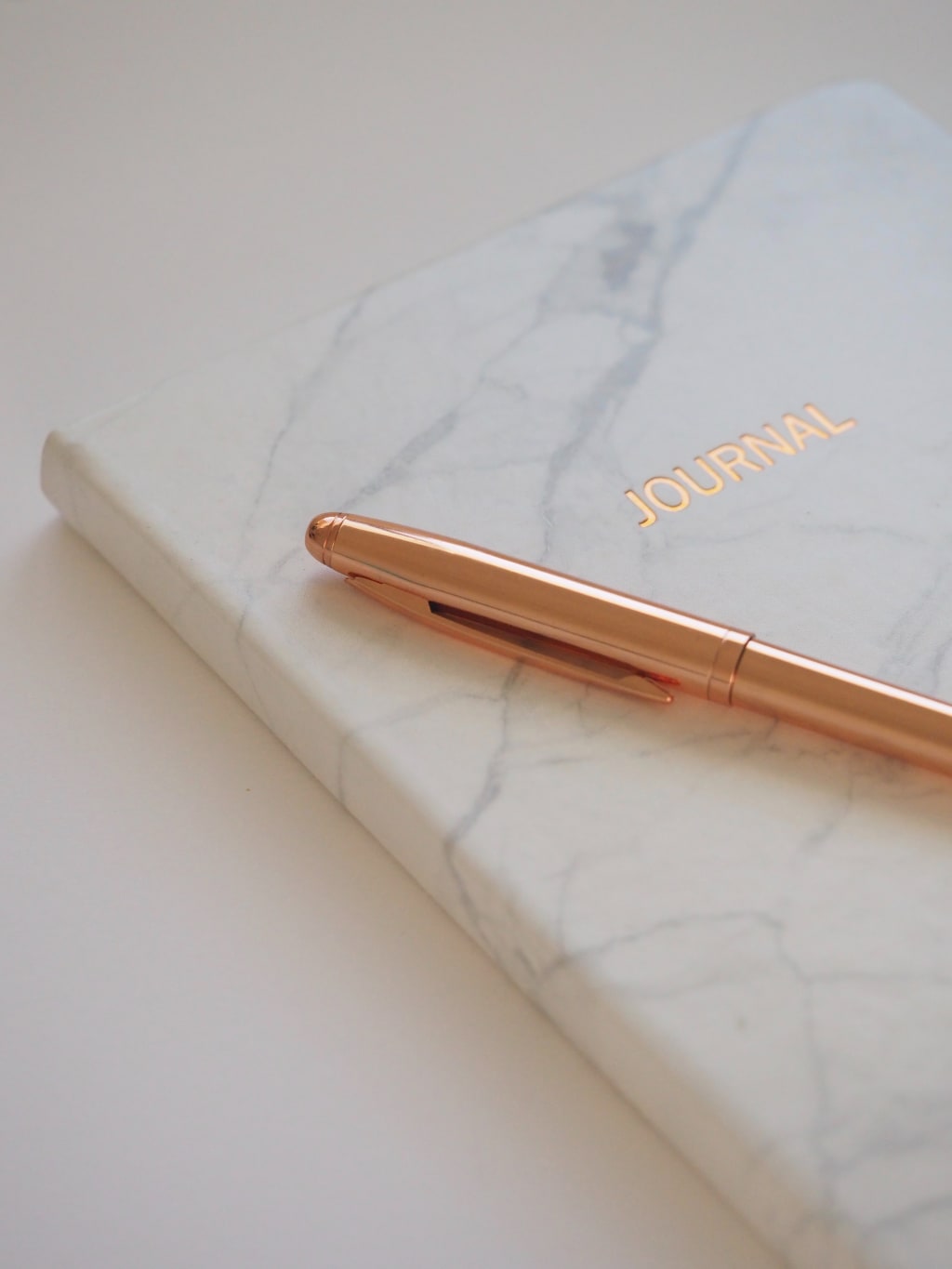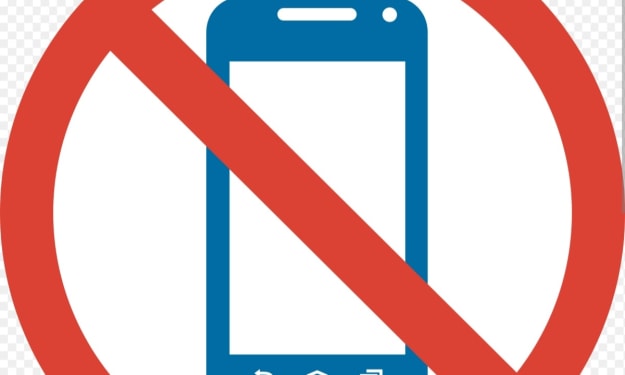Life changing Habit of Journaling.
Its Benefits and Writing Tips.

Ever wondered why history's great minds Einstein, Beethoven, Mary curie, Charles Darwin spends so much time journaling that won't be seen by any other soul?
Long before the days of Facebook and podcasts, these diaries provided us with a window into the daily life of notable people.
The question here is, why would a human being spend years writing for themselves?
Wouldn't it be better if you spend that time doing some important stuff?
Well, you'll be amazed by the benefits journaling provides.
Journaling is a practice that has been embraced by individuals for centuries as a means of self-expression and reflection.
Journaling is a peak performance habit that helps you to gain clarity, become more focused and productive, reflect on your actions and progress and become a happier person.
Journaling is self-care.
Journaling is self-love.
Journaling helps you have a good relationship with yourself, understand yourself better and helps you become your good friend.
Journaling helps keep your brain in good shape.
Not only does it boost your memory and comprehension, but Journaling also increases your working memory capacity which leads to improved cognitive processing and good mood.
Many famous writers, thinkers, and entrepreneurs have a habit of Journaling.
Journaling is therapeutic and helps you cope with stress.
Writing in a journal is a great way to destress yourself and keep a record of your life.
Numerous studies have shown that personal writing can help people better cope with stress, anxiety, depression and boost his immune system.
Journaling keeps your mind positive, and it helps you reconnect with yourself.
It gives you perspective, allows you to develop and grow as an individual and the list goes on.
But keeping a journal can be a daunting task for some folks.
Well, I've made it easier for you to install the habit of journaling into your life.
Start writing at least once a week and increase the frequency as you get comfortable or set a small goal like writing for one minute or filling out just one page daily either right at morning or evening for five to ten minutes per session and the return on investment is incredible.
Writing daily or even twice a week is proven beneficial.
Now let's look at some of the ways we can use a journal:
1.Dumping: In a world of perfection, wouldn't it be nice to have a place to be messy?
If yes, then dump whatever is going on in your head on paper, yes just by dumping whatever is going on in your head, you'll feel more relaxed, you can even toss the paper in trash once done.
2. Process your feelings: Journaling provides individuals with a safe and private space to express and explore their thoughts and emotions. It serves as a medium for individuals to delve deeper into their inner world and gain a better understanding of themselves. By writing down their thoughts and feelings, individuals are able to observe their own patterns of thinking and behavior, leading to insights and self-discovery.
If you have a feeling that's troubling you or a problem you're having, having an exclusive journal is just what you need. You can write down the problem you're having and go to the root of it, and you can also put down any unpleasant feeling and go to the root of it.
For example, someone who consistently writes about feeling overwhelmed and stressed may realize that they are overcommitting themselves and need to set boundaries in their life.
Furthermore, journaling allows individuals to reflect on their personal experiences and make sense of them. By writing about significant events or challenges, individuals can gain clarity and perspective.
For instance, journaling about a difficult conversation with a friend may help someone recognize their own role in the conflict and find ways to improve their communication skills. In addition, journaling helps individuals recognize patterns and gain insights into their behaviors and beliefs.
Journaling serves as an outlet for stress and anxiety, providing you with a safe space to unload your worries and concerns. The act of writing down these thoughts and emotions can be cathartic, allowing you to release pent-up tension and find relief.
Journaling gives you the space to put down your thoughts on paper whether good or bad and helps you think clearly by giving you a clear view of all angles of the situation and you'll be able to make good decisions.
It's a great way to process your feelings and thoughts.
3. Making lists: It's a proven fact that just by writing what you have to do in the day will reduce your anxiety, you can make your to-do list, grocery list, or a shopping list.
If you're journaling to be more mindful, generate ideas and work through some feelings, writing with your hand will probably make those tasks easier, effective and beneficial than a digital journal.
4. Be creative: Early philosophers used books to store their knowledge, you can use your journal to copy your favorite quotes, poems, songs or you can also create your own.
5. Store memories: Journaling is a great way to record a snapshot of your personal life at any given moment.
Individuals from all walks of life have used journals to record their innermost feelings and experiences.
Journaling helps you keep your memories recorded for years to come, just think about how you'll feel in 10 to 20 years reading back over your journal and thinking about what was important to you then and how you have changed.
Moreover, journaling promotes a sense of gratitude, positivity, and overall emotional well-being. By focusing on the positive aspects of your life, you can shift your mindset and cultivate a more optimistic outlook.
There are numerous other ways to use a journal, once you get a knack of it, Journaling can become a very beautiful habit, you'll find it easier to turn to your Journal to tackle your problems, de-stress yourself, keep track of things or whatever problem you need to deal with, how you use your journal is up to you, journaling is a personal experience, so it's important to use journals in a way that works best for you.
About the Creator
Enjoyed the story? Support the Creator.
Subscribe for free to receive all their stories in your feed. You could also pledge your support or give them a one-off tip, letting them know you appreciate their work.





Comments
There are no comments for this story
Be the first to respond and start the conversation.